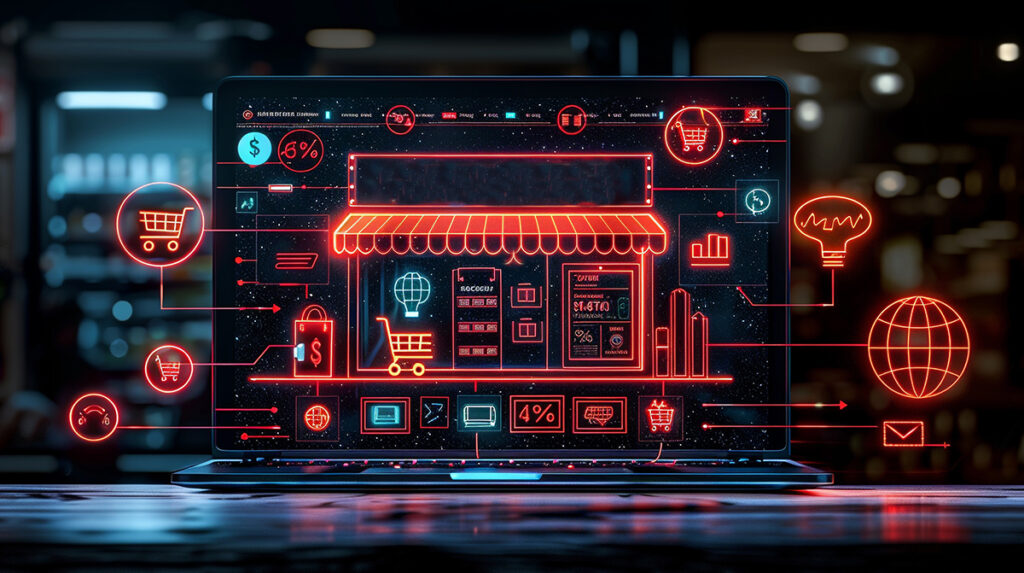In 2025, retail businesses will leverage cutting-edge software platforms to streamline operations, enhance customer experiences, and stay competitive in a dynamic market. These platforms provide solutions for inventory management, point-of-sale (POS) systems, customer engagement, analytics, and supply chain management, catering to various business needs.
Retail software empowers businesses to boost efficiency and profitability while delivering personalized shopping experiences by utilizing automation, AI-driven insights, and user-friendly interfaces.
This guide presents the top retail software platforms for 2025, offering innovative tools to help retailers thrive in the ever-evolving industry.
Key Considerations for Selecting Retail Software
The right retail software is vital for streamlining operations and enhancing customer satisfaction. Here are essential factors to evaluate:
- Customization and Scalability: Select software that grows with your business and adapts to unique requirements. Scalable solutions ensure seamless functionality during expansion, while customization tailors the software to fit your operations.
- AI and Analytics: Advanced tools with predictive analytics, customer behavior insights, and trend forecasting empower informed decision-making. These capabilities help optimize inventory, personalize experiences, and anticipate market shifts.
- Integration: The software should easily integrate with existing systems, such as ERP, CRM, or third-party applications. A cohesive infrastructure enhances data flow, operational efficiency, and overall productivity.
- Ease of Use: User-friendly interfaces are critical to reducing staff’s learning curve and ensuring smooth daily operations. Intuitive designs save time, minimize errors, and enhance team efficiency.
- Support and Security: Choose responsive customer support platforms and prioritize data protection. Robust security measures safeguard sensitive customer and business information, fostering trust and compliance.
By carefully assessing these factors, businesses can implement retail software that aligns with their goals, supports growth, and delivers operational excellence.
Read More: AI and the Future of Retail: Personalization, Automation, and Predictive Analytics
Best Retail Software Platforms to Use in 2025
Square
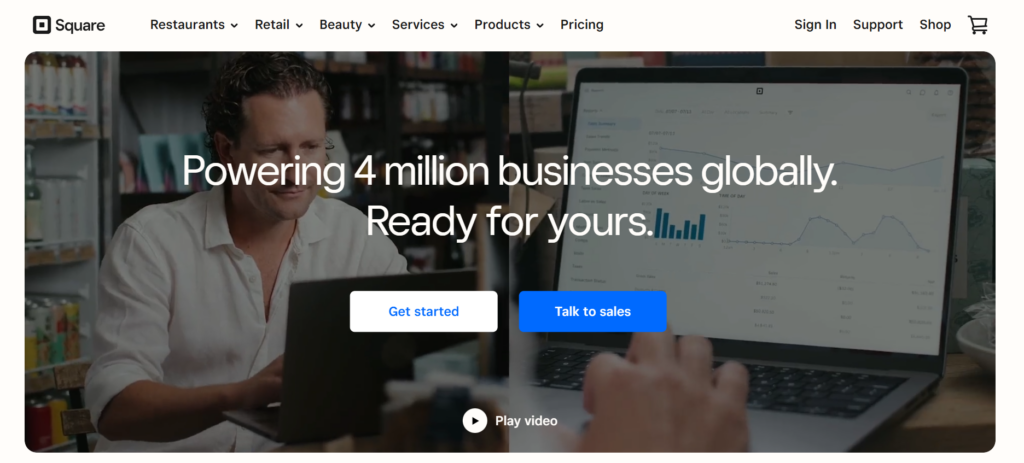
Square is a versatile retail software platform that integrates POS systems, payment solutions, and business analytics. Ideal for businesses of all sizes, it helps retailers manage transactions, track inventory, and access real-time data for informed decision-making. With its intuitive interface and mobile capabilities, Square is preferred by small businesses and growing enterprises.
- Features: POS systems, inventory management, payment processing.
- Scalability: Suitable for small to medium-sized retailers.
- Industries Served: Retail stores, restaurants, and service businesses.
- USPs: Affordable, easy-to-use POS systems with advanced reporting.
Board Retail
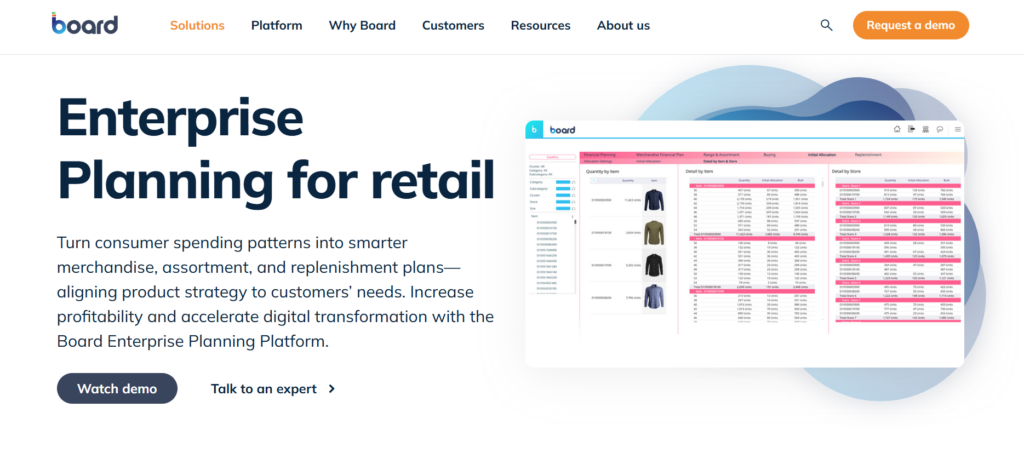
Board offers an all-in-one decision-making platform tailored for retail businesses. It combines business intelligence, predictive analytics, and performance management to provide actionable insights. Retailers use the Board to optimize inventory, enhance supply chain efficiency, and improve sales forecasting.
- Features: Sales analytics, inventory optimization, demand forecasting.
- Scalability: Suitable for medium to large enterprises.
- Industries Served: Retail, fashion, grocery, and eCommerce.
- USPs: Comprehensive analytics for data-driven decision-making.
Intelligence Node
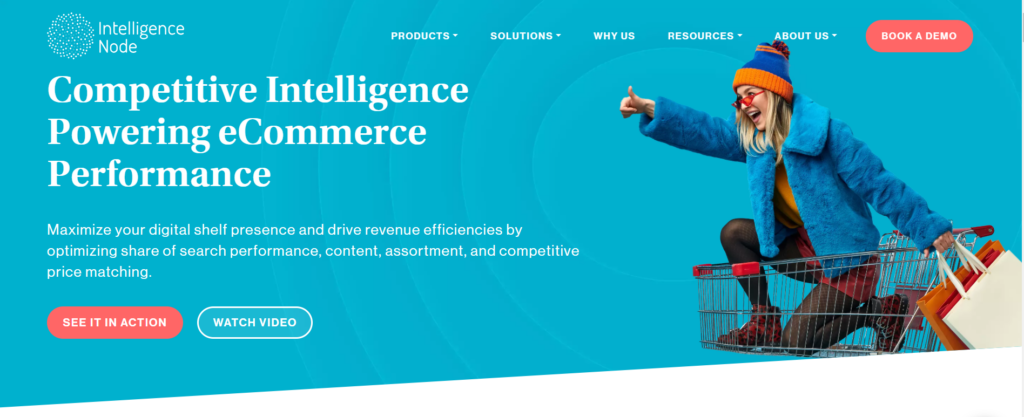
Overview:
Intelligence Node is a retail analytics platform designed to help businesses improve pricing strategies, optimize assortments, and monitor competitors. Leveraging AI-driven insights enables retailers to maximize profitability and enhance customer satisfaction.
- Features: Pricing optimization, competitor analysis, trend tracking.
- Scalability: Ideal for large retailers and global brands.
- Industries Served: Apparel, eCommerce, electronics, and more.
- USPs: Real-time analytics for competitive edge and pricing intelligence.
Wooqer
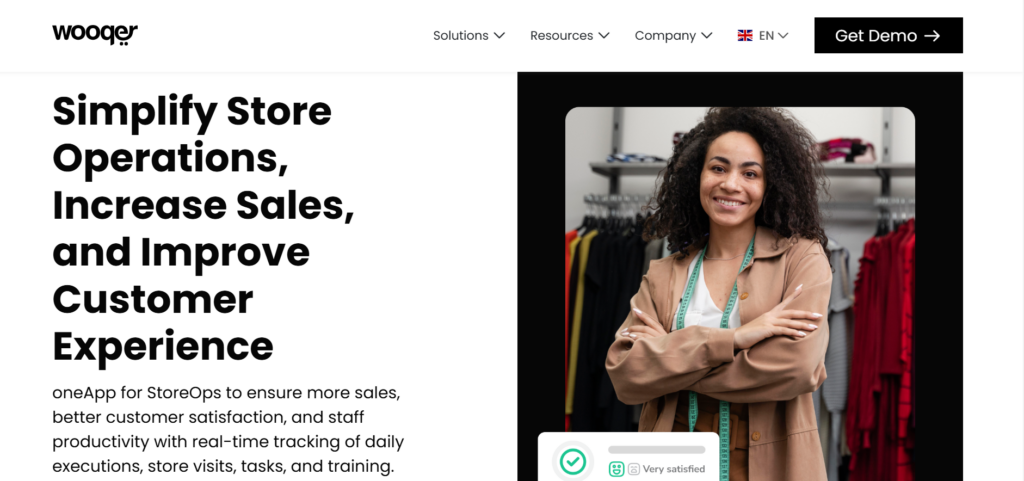
Wooqer is a unified retail operations platform that simplifies task management, communication, and compliance. Its customizable tools allow retailers to track store performance, streamline workflows, and enhance team productivity.
- Features: Task management, workflow automation, performance tracking.
- Scalability: Suitable for medium to large retail chains.
- Industries Served: Retail chains, supermarkets, and department stores.
- USPs: End-to-end operational efficiency with real-time tracking.
Zakya
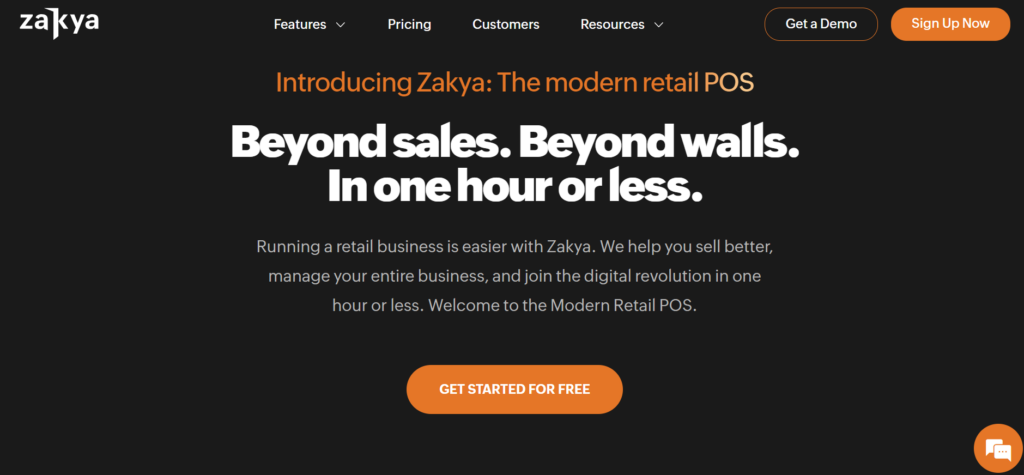
Zakya provides an AI-powered retail platform that enhances customer engagement and operational efficiency. Its tools for inventory management, personalized marketing, and demand forecasting make it a go-to choice for retailers looking to drive growth.
- Features: Inventory optimization, customer engagement, AI analytics.
- Scalability: Suitable for small to large retailers.
- Industries Served: Fashion, grocery, electronics, and lifestyle brands.
- USPs: AI-driven personalization and advanced marketing tools.
Maverick
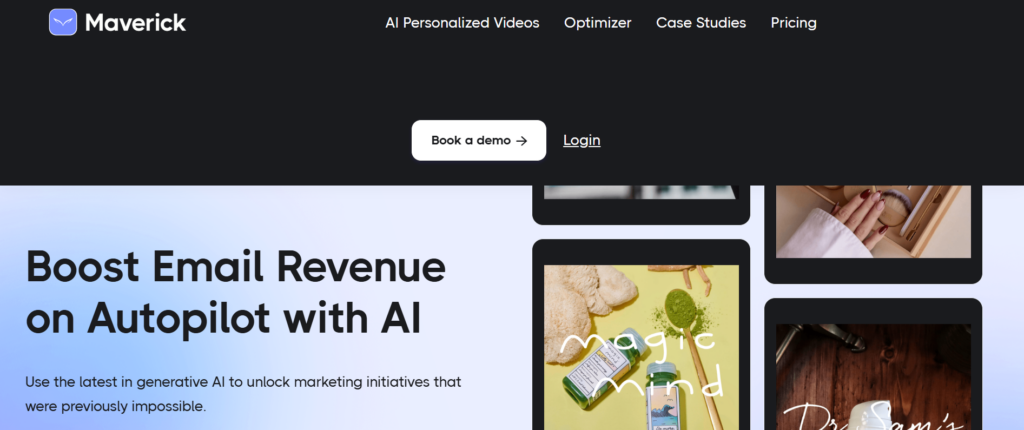
Maverick is a cutting-edge platform that supports retailers with automated workflows, data analysis, and customer retention strategies. Its customizable dashboards provide actionable insights to help businesses adapt to market changes.
- Features: Workflow automation, customer retention tools, analytics.
- Scalability: Best for small and mid-sized retailers.
- Industries Served: eCommerce, boutique stores, and retail chains.
- USPs: Simplified automation and in-depth data insights.
Brightpearl
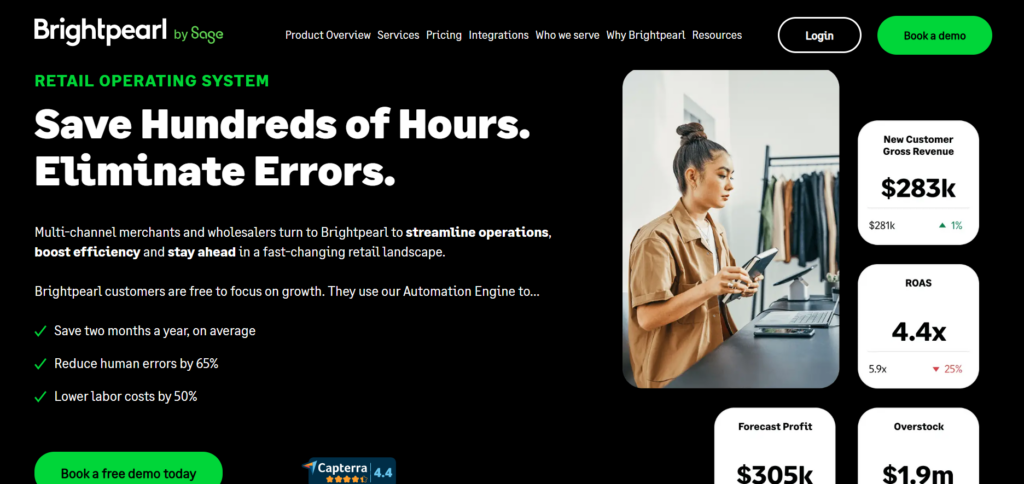
Brightpearl is a retail operations platform integrating inventory management, financial tracking, and CRM functionalities. It is designed to support multichannel retailers in streamlining operations and scaling efficiently.
- Features: Multichannel integration, inventory management, CRM tools.
- Scalability: Ideal for medium to large enterprises.
- Industries Served: eCommerce, wholesale, and retail chains.
- USPs: Seamless multichannel retail management.
SPS Commerce
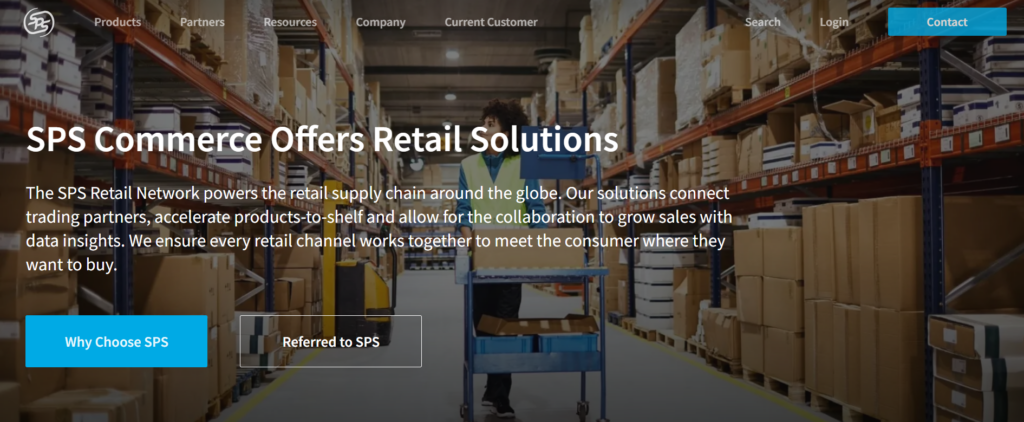
SPS Commerce specializes in retail supply chain management. Its cloud-based platform simplifies vendor communication, order fulfillment, and data synchronization, helping businesses achieve operational excellence.
- Features: Supply chain visibility, order management, EDI integration.
- Scalability: Suitable for businesses of all sizes.
- Industries Served: Retail, grocery, and wholesale.
- USPs: Efficient supply chain management with real-time insights.
Fishbowl Inventory
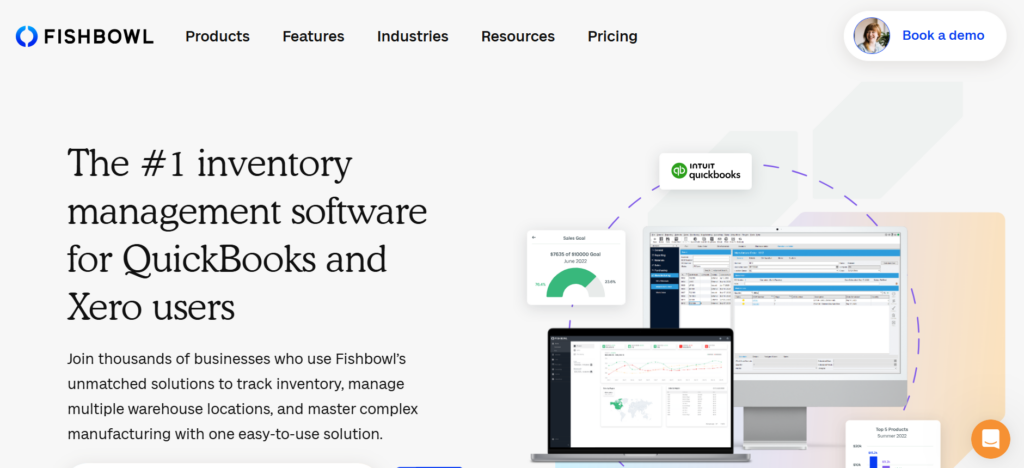
Fishbowl is a robust inventory management software tailored for retail businesses. It integrates with QuickBooks and other ERP systems, making it an excellent choice for companies aiming to improve stock control and order fulfillment.
- Features: Inventory tracking, order management, QuickBooks integration.
- Scalability: Ideal for small to medium-sized businesses.
- Industries Served: Retail, manufacturing, and wholesale.
- USPs: Comprehensive inventory solutions with accounting integration.
Trendalytics
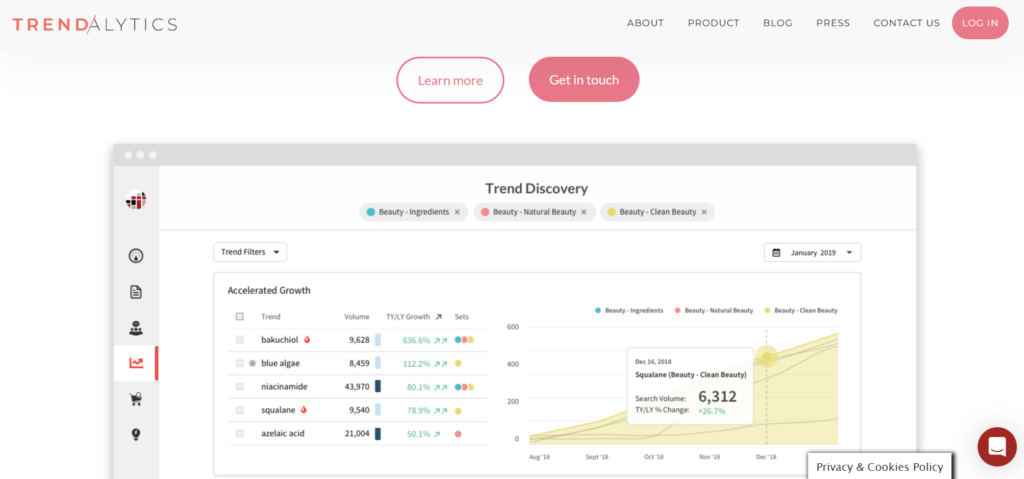
Trendalytics offers AI-driven analytics to track consumer trends and preferences, enabling retailers to make informed decisions about product assortments and marketing strategies.
- Features: Trend forecasting, customer insights, analytics dashboard.
- Scalability: Suitable for fashion and lifestyle brands.
- Industries Served: Apparel, accessories, and beauty.
- USPs: AI-powered trend predictions for strategic planning.
Lily AI
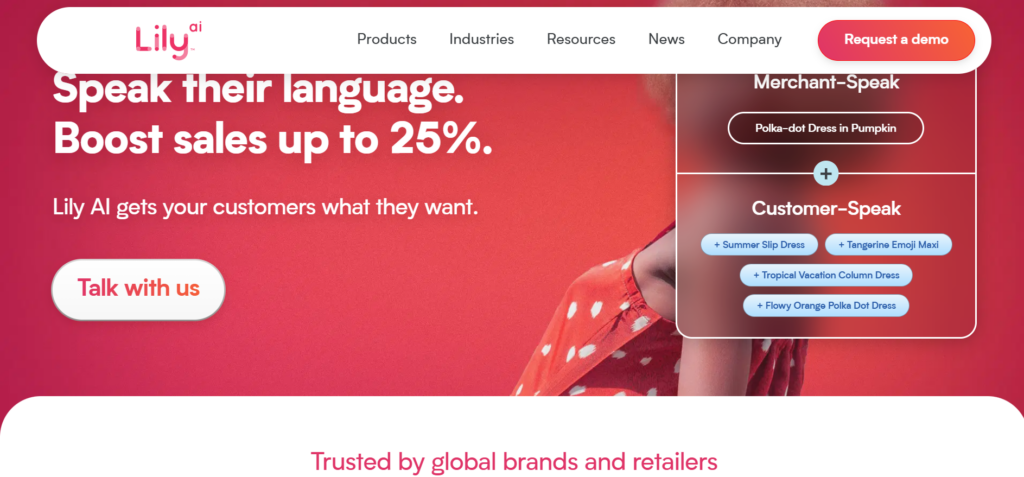
Lily AI transforms customer data into actionable insights, offering personalization at scale for retail businesses. It enables retailers to optimize product recommendations and drive customer engagement.
- Features: Personalization, product tagging, AI insights.
- Scalability: Ideal for eCommerce and large retailers.
- Industries Served: Fashion, beauty, and lifestyle brands.
- USPs: Advanced personalization tools powered by AI.
Route
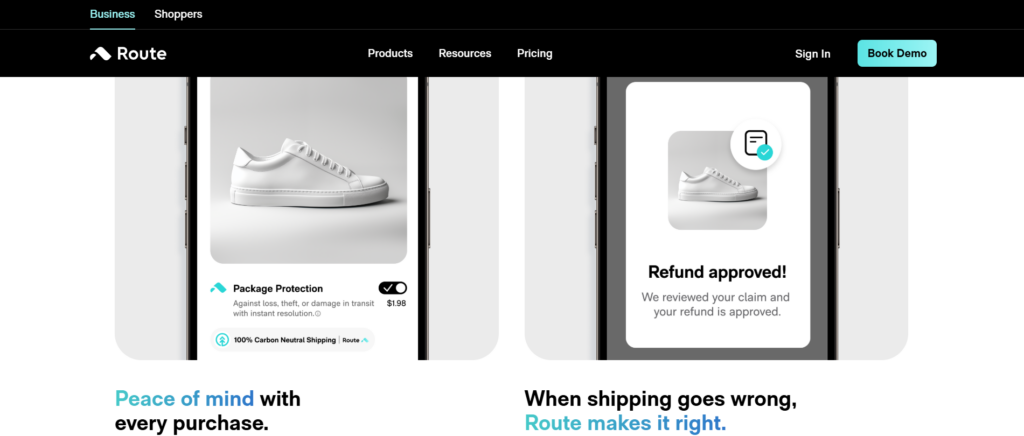
Route focuses on enhancing the post-purchase experience with tools for order tracking, shipping insurance, and customer communication. It helps retailers build trust and loyalty through seamless after-sales service.
- Features: Order tracking, shipping insurance, customer notifications.
- Scalability: Suitable for small to medium-sized businesses.
- Industries Served: eCommerce and retail stores.
- USPs: Enhanced customer satisfaction with post-purchase transparency.
ShipBob
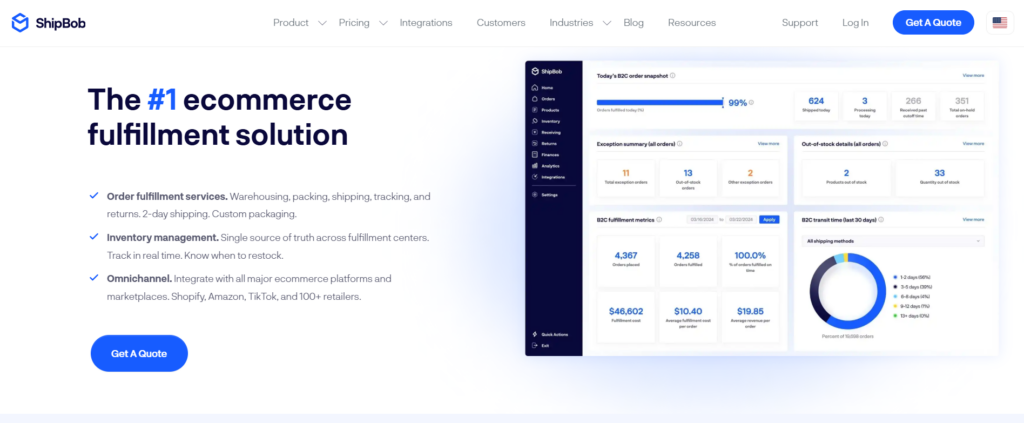
ShipBob is a leading fulfillment and logistics platform that empowers eCommerce brands with fast, reliable shipping solutions. By integrating with major online marketplaces, ShipBob streamlines order fulfillment, inventory distribution, and real-time tracking to enhance operational efficiency and customer satisfaction.
- Features: Order fulfillment, inventory management, distributed warehousing.
- Scalability: Suitable for small to large eCommerce businesses.
- Industries Served: eCommerce, direct-to-consumer (DTC) brands, subscription services.
- USPs: Fast, cost-effective fulfillment with global shipping capabilities.
Read More: Decoding Headless Commerce: Unveiling The Future Of Online Retail
Conclusion
The retail industry will continue to embrace advanced software solutions in 2025 to enhance operational efficiency, customer engagement, and decision-making. By choosing the right platform tailored to their needs, retailers can stay competitive, scale operations, and adapt to evolving market trends. The platforms listed here offer robust features, scalability, and innovation to help businesses thrive in the dynamic retail landscape.
Frequently Asked Questions (FAQs)
Retail software platforms enhance operational efficiency, provide data-driven insights, improve inventory management, and streamline customer engagement across channels.
AI optimizes operations by offering predictive analytics, personalized recommendations, and automated processes, enhancing customer experiences and decision-making.
Yes, many platforms, such as Square and Zakya, offer scalable solutions tailored to small businesses while supporting growth.
Consider your business size, industry needs, and integration requirements. Look for platforms with customizability, AI features, and scalability to meet your goals.
Retail ERP focuses on backend processes like inventory and financial management, while retail CRM centers on customer interactions, sales, and engagement.
Related Articles
-
Top 15 EV Charging Software Platforms To Consider in 2025
The transition to electric vehicles (EVs) is revolutionizing transportation, with EV charging infrastructure advancing rapidly to meet growing demand. Reliable, innovative charging solutions have become essential for businesses, cities, and
